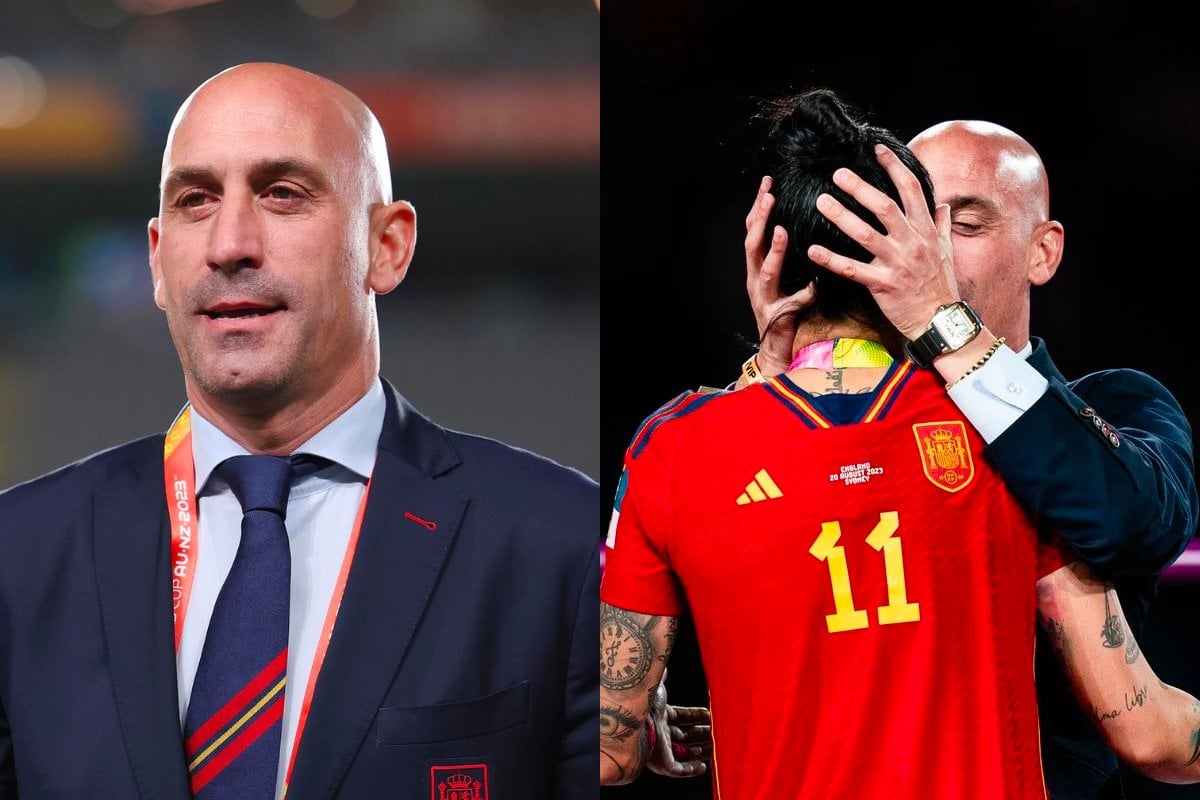
By now, you will likely have heard the name, Luis Rubiales.
The President of the Spanish Football Federation responsible for the incredible women's National Team that won the recent FIFA World Cup on Australian soil, Rubiales has hit global headlines for all the wrong reasons.
Or perhaps, the right reasons for those interested in genuine gender equality in global sport.
Rubiales used the post-match medal ceremony to demonstrate to the half a billion people watching the Final, and literally the entire world, the way in which much of male-dominated sport sees women, and female athletes, as something to manipulate, use for their own careers and public promotion and then blame the women for enabling or supporting their abusive, controlling and too often unseen violations. These have come to light in recent years across Australian swimming and gymnastics, US gymnastics, a major scandal of abuse in US women's soccer and Matildas legend, Lisa De Vanna also alleges sexual abuse as a young international player. In Lisa's case, the game's response has been disgracefully defensive and framing Lisa as the problem.
Rather than simply hand the athletes their medals, Rubiales used the moment of the Spanish players' greatest triumph and elation to use them through a display of power and privilege that screamed, 'I am in control of these women and can interact with them in any way I please.'
Read more: Spain's football chief kissed a player without consent. Now his mother refuses to eat.
Women in sport, and, of course, across all fields of life, know that circumstance too well.
He hugged and kissed them, pulled them close, made himself the focus of their extraordinary work, even violating a player, Jenni Hermoso with a non-consensual kiss on the lips. He later would enter the women's change room and joke about a 'marriage' between him and her.

Top Comments